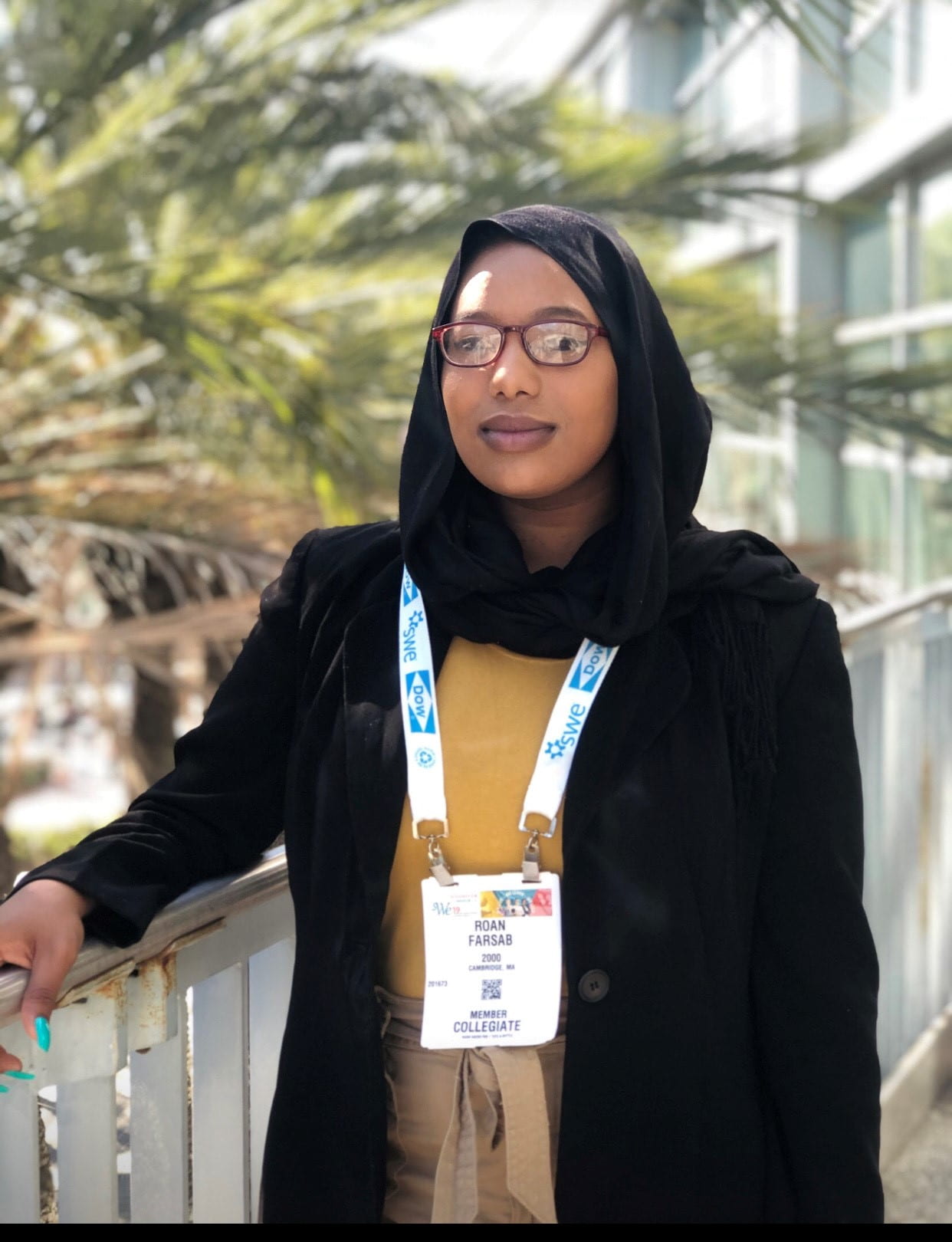By: Roan Farsab
Roan Farsab, a junior in the Electrical Engineering program at Wentworth, completed her optional co-op at California State Polytechnic University, Pomona. She discussed her role with CO-OPS + CAREERS and shared advice for students looking to complete a research co-op:
- What drew you to finding a research co-op?
In the future I plan on attending Graduate school. My Research Co-op taught me more about grad school and the process of applying. I was also able to learn more about what I can do with my degree. After completing this co-op I learned a lot about UAV technologies and plan on working with them in the future.
- What was your search and interview process like?
My main search process was the National science foundation website. This website showed all of the research positions that are funded by the National science foundation.
- What is a typical day like at your co-op?
There isn’t really a typical day as we work on different tasks each day. While one day I could be researching on how to set up a sensor and program it for the drone, the other day I could be coding in python or welding parts of the drone. This is one of the reasons why I enjoyed my co-op; I was exposed to different things other than my major and learned something new every day.
- While on co-op, what project(s) have you been a part of that inspired you?
I worked on a project with a group of two other students. We worked together building a drone on the subject of Autonomous Search and Rescue Vehicles. This drone was designed to work in times of human distress and disaster and to minimize the loss of life. Increasingly, safety and risk prevention has been valued, and the deployment of human rescuers into dangerous and high-risk areas to perform SAR missions is one field where safety and risk prevention can be improved. This inspired me because it showed me how our technologies today can be used during times of disaster to save lives.
- What advice do you have for students interested in pursuing research for their co-op?
I advise students to be patient. Looking for a research co-op isn’t easy and often may be a very stressful process. People all over the country apply for research positions so don’t be discouraged if you don’t get in to one or the one you wanted. Also, during your research sometimes you will feel that you aren’t learning because you searching for results for something or working on something that didn’t make progress so remember failure is a result that you can learn from your mistakes.
Thank you for sharing your experience with us, Roan! Be on the lookout for our next co-op feature. If you would like to share your co-op experience with us (positive or not-as-expected), or have any questions about the co-op process, please email us at coopsandcareers@wit.edu.
As always, to make an appointment with your CO-OP + CAREER Advisor call the front desk at 617.989.4101 or stop by the CO-OPS + CAREERS Office.


